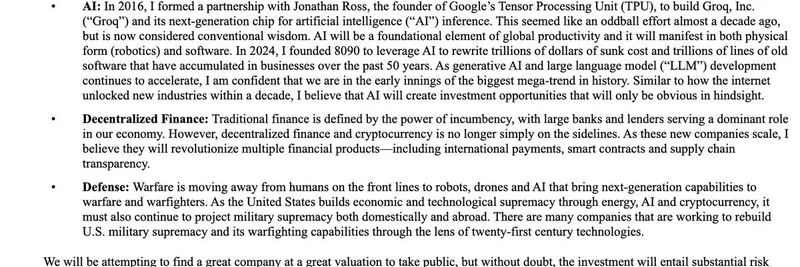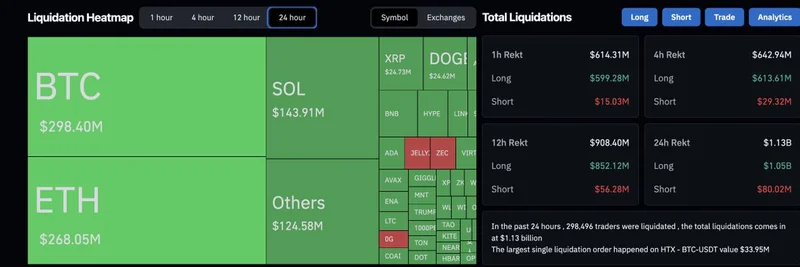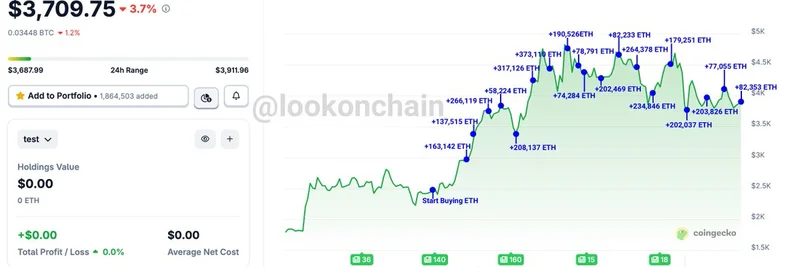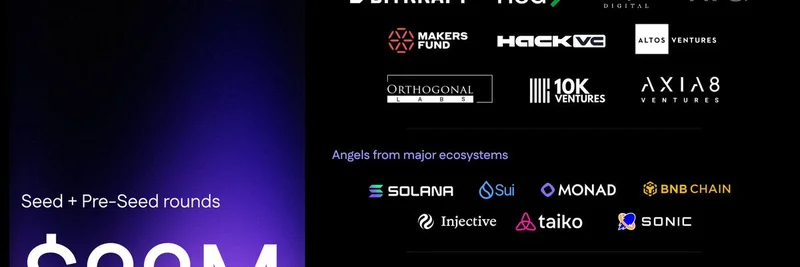In the ever-blurring lines between traditional finance (TradFi) and the wild world of crypto, a recent tweet from Mert Mumtaz, CEO of Helius Labs and a prominent figure in the Solana ecosystem, has sparked fresh conversation. Mert shared a screenshot from Chamath Palihapitiya's latest SPAC filing, highlighting a cheeky warning to investors: "no crying in the casino." His take? "TradFi is simply memecoins with suits." Let's unpack this and see why it resonates so much in the meme token community.
Who is Chamath Palihapitiya and What's This New SPAC About?
Chamath Palihapitiya, often dubbed the "SPAC King," is a venture capitalist and former Facebook executive who's no stranger to high-profile deals. SPACs, or Special Purpose Acquisition Companies, are essentially shell companies that go public to raise money, then use those funds to acquire a private company and take it public quickly—bypassing the traditional IPO process. It's a fast-track to the stock market, but it's also notoriously risky.
After a hiatus following some underwhelming performances from his previous SPACs (he raised 10 in total, with only one trading above its IPO price today), Chamath is back with American Exceptionalism Acquisition Corp. A. This new vehicle aims to raise $250 million and targets innovative sectors like artificial intelligence (AI), decentralized finance (DeFi), defense, and energy production. In the filing, Chamath outlines his vision: bringing marginal energy costs to zero for a stronger economy, leveraging AI for global productivity, revolutionizing finance through crypto, and bolstering U.S. military supremacy with cutting-edge tech.
The Viral Warning: 'No Crying in the Casino'
What caught everyone's eye—and Mert's tweet—is the blunt risk disclosure aimed at retail investors. The filing advises caution, stating that this investment should only be a small part of a diversified portfolio or involve capital you can afford to lose entirely. If things go south? Well, as the document puts it, embodying a quote attributed to President Trump: "there can be 'no crying in the casino.'"
This isn't just legalese; it's a raw acknowledgment that SPACs can be a gamble. Many of Chamath's past deals, like those involving SoFi or other targets, have seen significant losses for investors—median drops of 75% for the ones that completed mergers. It's a reminder that even in the polished world of Wall Street, hype can outpace fundamentals.
Why Mert Calls TradFi 'Memecoins with Suits'
Mert's comment cuts to the core of a sentiment bubbling in crypto circles. Memecoins, those viral tokens like Dogecoin or newer Solana-based hits, are pure speculation driven by community, memes, and momentum. They can moon overnight or rug pull just as fast, with no illusions about being "investments" in the traditional sense—it's all about the casino vibe.
TradFi, on the other hand, dresses up similar risks in suits, prospectuses, and regulatory filings. SPACs, in particular, mirror memecoins: they launch with big promises, attract retail hype, and often rely on celebrity backing (Chamath's star power here is undeniable). But when the dust settles, many leave holders bag-holding. As one reply to Mert's tweet put it, "The real difference is that in crypto, the casino's odds are on-chain and visible to all. In TradFi, they're hidden in a 300-page S-1 filing that no one reads."
This parallel is especially poignant now as DeFi creeps into TradFi conversations. Chamath's SPAC explicitly eyes decentralized finance, blurring the lines further. For meme token enthusiasts, it's validation that the "degen" culture of crypto isn't so different from the boardrooms of finance—it's just more transparent and fun.
What This Means for Meme Tokens and Blockchain Practitioners
If Chamath's SPAC succeeds in acquiring a DeFi or crypto-related company, it could bridge TradFi and crypto in exciting ways, potentially bringing more legitimacy (and capital) to meme ecosystems. But the warning serves as a timeless lesson: whether you're aping into a Solana memecoin or buying SPAC shares, know the risks. No crying allowed.
For those building in blockchain, this highlights opportunities in DeFi and AI intersections. Tools like Helius Labs' APIs (shoutout to Mert) are making it easier to develop on Solana, where many memecoins thrive. If you're diving in, diversify, do your due diligence, and remember—it's all a game.
Check out the original tweet here and the Bloomberg coverage here for more details. What's your take— is TradFi really just suited-up memecoins? Drop your thoughts below!

![Brian Armstrong Confirms Coinbase's Partnership with R[3]sidency to Empower UK Crypto Startups](https://cdn.meme-insider.com/default-cover.jpg)


